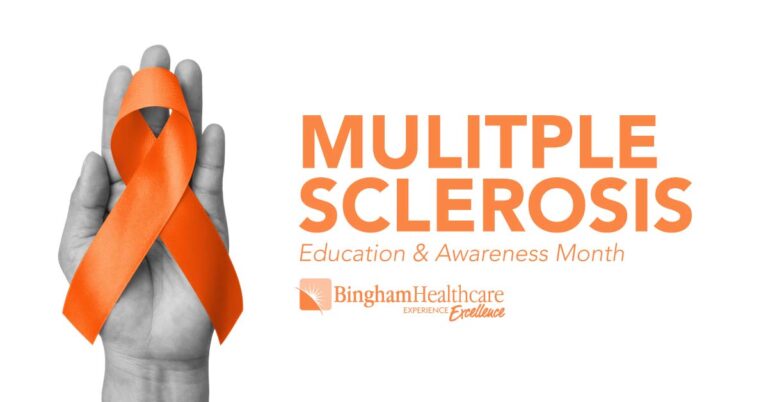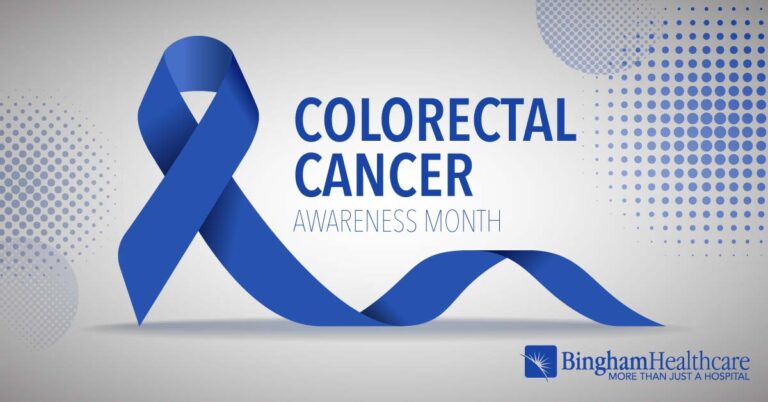
4 Things You Should Know about Kidney Disease
March is National Kidney Month—a great opportunity to learn about what the kidneys do, facts about kidney disease and steps to prevent kidney failure.
What Do Kidneys Do?
Everyone has two kidneys, each about the size of a fist, located on each side of the spine at the base of the rib cage. Every day, your kidneys process about 200 quarts of blood to sift out about two quarts of waste products and extra water. If your kidneys did not remove these wastes, they would build up in your blood and cause harm.
Your kidneys also regulate chemicals in your blood to make sure your body has the right balance of substances like sodium, phosphorus and potassium. Additionally, your kidneys produce hormones your body needs: erythropoietin, renin and calcitriol. These hormones help your body make red blood cells, regulate blood pressure and keep bones healthy.
Kidney Disease
Here are four facts about kidney disease from the American Kidney Fund:
- The leading causes of kidney failure are diabetes and high blood pressure, which cause nearly 2 out of every 3 cases of kidney failure.
- Kidney disease is the ninth leading cause of death in the United States.
- You may be at a higher risk if you have diabetes or high blood pressure, have a family history of kidney disease, or are over age 60. Talk to your doctor about additional risks that may apply to you.
- Kidney disease often has no symptoms until the late stages. Millions of Americans have kidney disease and don’t know it.
You can take steps to protect yourself and help prevent kidney disease by leading a healthy lifestyle: exercise regularly, eat well, drink lots of water, and maintain control of diabetes and high blood pressure. Early detection and treatment of chronic kidney disease are also keys to keeping kidney disease from progressing to kidney failure.
If you are concerned about the function of your kidneys, some simple tests can be done. Please call 785-3800 to schedule an appointment with a nephrologist at Bingham Memorial’s Idaho Physicians Clinic in Blackfoot.



